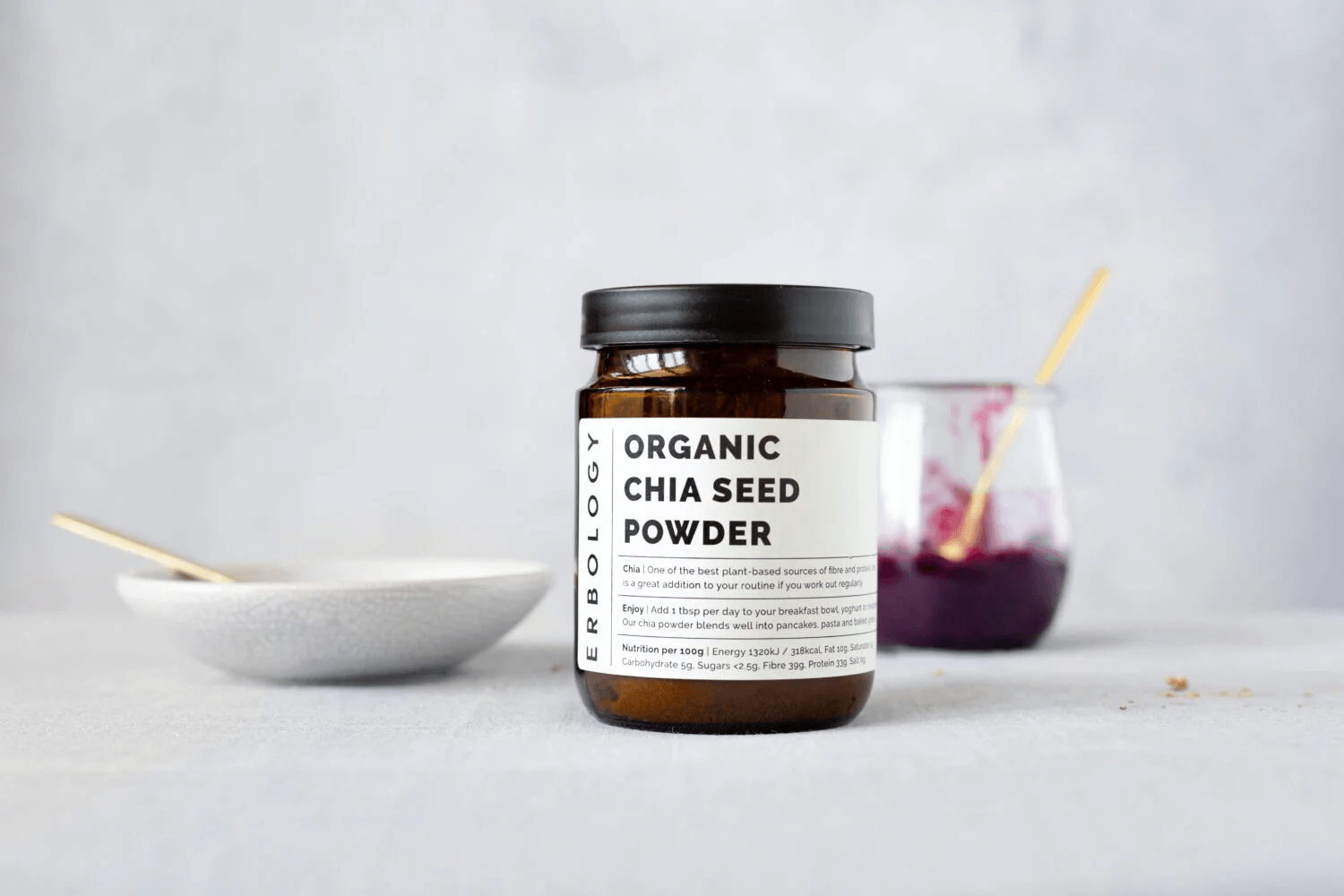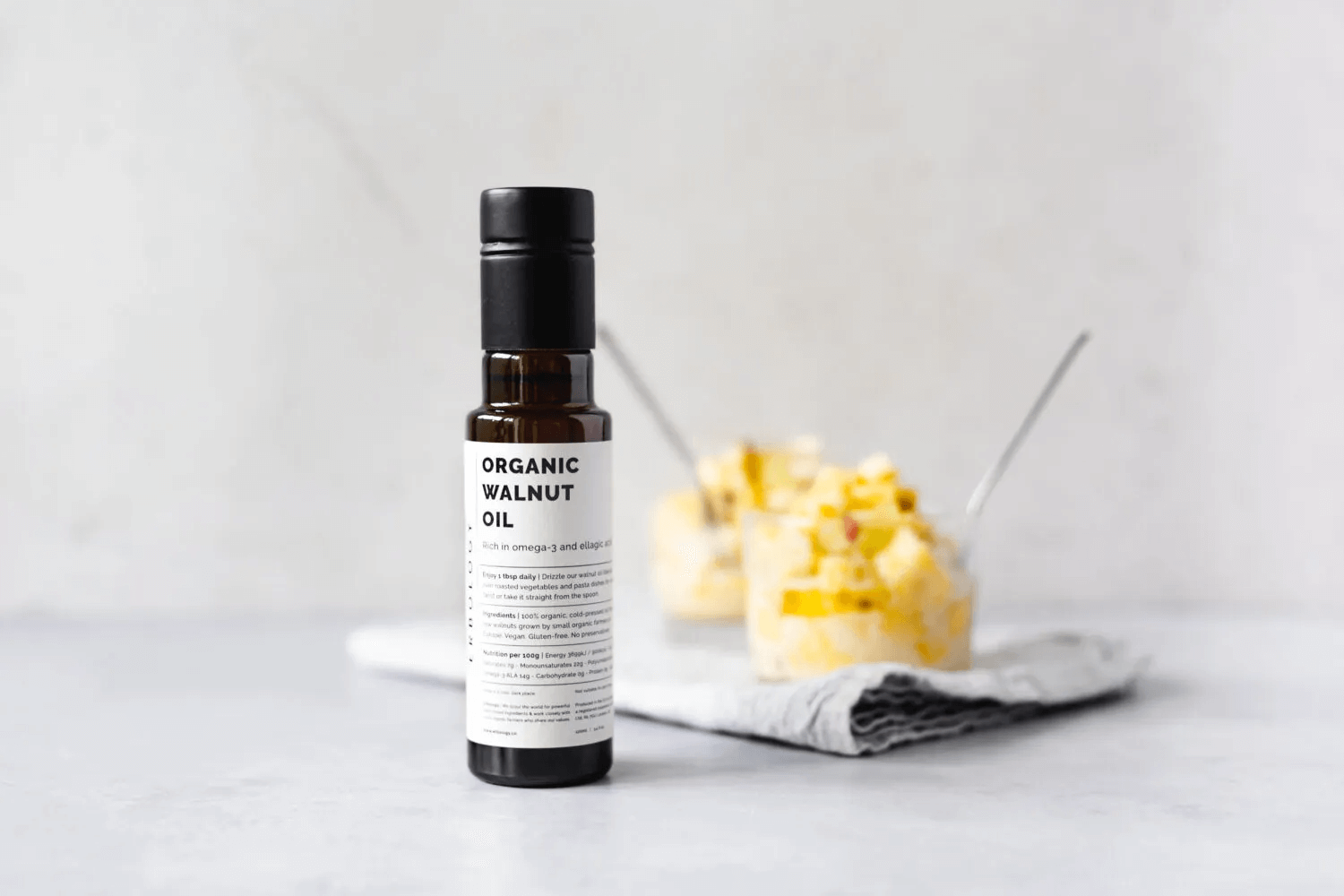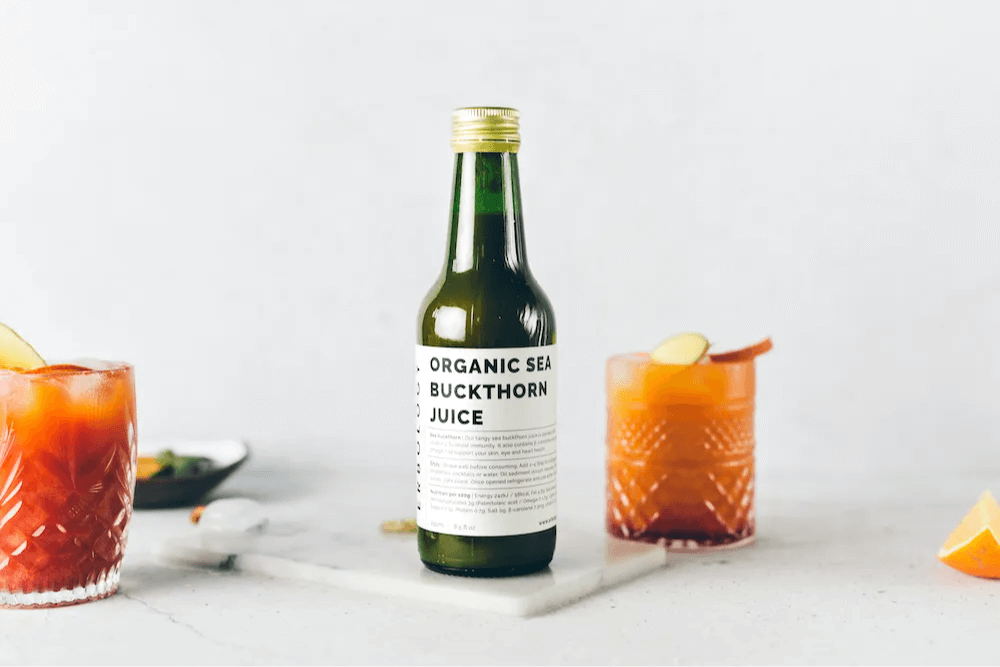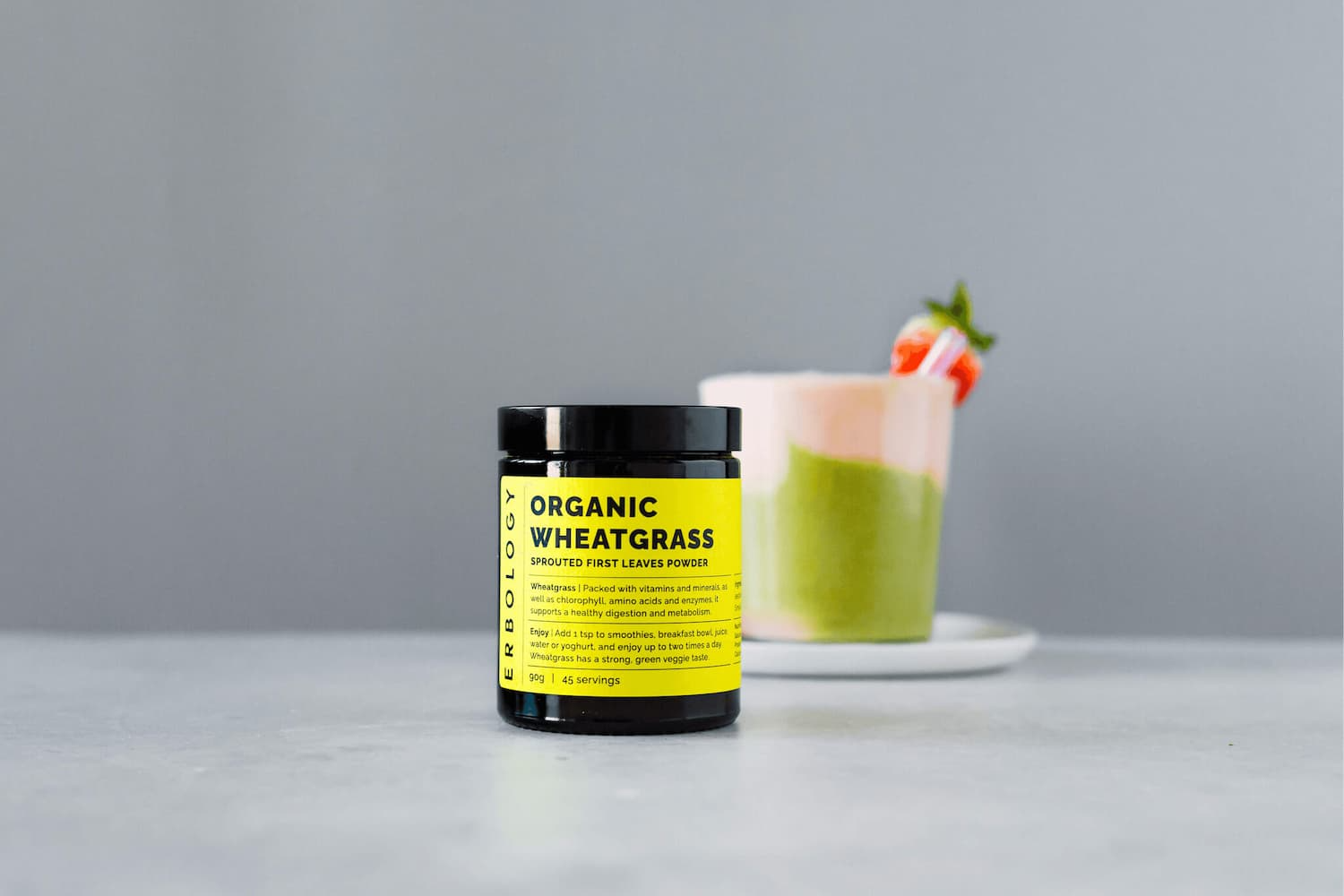02 Jan 2023
Plant-based diet for beginners
What is veganism?
First, let’s clarify exactly what’s meant by veganism. Following a plant-based diet simply means only eating food that comes from plants. As well as fruit and vegetables, that includes ingredients such as seeds, pulses, nuts and grains. Any products that are made from, or come from, animals are off the menu. That means no meat, fish, eggs, or dairy products such as milk, cream, and cheese.
For lots of people who eat a typical Western diet, this can be a big change. Even if you’re already vegetarian, many meat-free meals contain some form of dairy. Don’t worry though, because switching to a plant-based diet is easier than you might expect. With a little research and an open mind, you’re sure to find going vegan a breeze.
Remember, veganism isn’t about purity – so you can start slow. While some people switch to a plant-based diet overnight, others find it easier to take it step by step. You could begin by having one or two vegan days a week, or one vegan meal a day. Even this can benefit both your health and the planet.
The most important thing is to ensure that you’re approaching veganism in a healthy way. When adopting a plant-based diet, you don’t want to simply cut out meat and dairy from your existing meals. Instead, try experimenting with new ingredients, flavours, and styles of cooking. This will help ensure that you make vegan dishes which both taste delicious and provide all the nutrients you need.
So, what is a plant-based diet? It’s a chance for you to improve your health, do your part for the planet, and broaden your culinary repertoire. Amazing!
![]()
The benefits of a plant-based diet
So, let’s get more specific about how following a balanced plant-based diet benefits you. There are two main reasons why going vegan can be good for your wellbeing. Firstly, you’re cutting out unhealthy ingredients such as processed meat. Secondly, you’ll be increasing your consumption of wellness-boosting foods such as fruits and vegetables. Talk about a winning combination!
To begin with, adopting a plant-based diet can help you lose excess weight or maintain a healthy weight. Studies have found that vegans tend to have a lower BMI than people who don’t follow a plant-based diet. They are also at less risk of becoming obese.(1) This suggests that veganism may be a great way to stave off obesity without worrying about counting calories.
Another of the many plant-based diet benefits you can look forward to is that veganism is good for your heart. Research suggests vegans have a decreased risk of high blood pressure, and are also less likely to develop heart disease.(2) Studies additionally indicate that a plant-based diet can lower blood sugar levels and reduce your risk of type 2 diabetes.(3)
Furthermore, going vegan may decrease your risk of developing certain types of cancer.(4) One reason for this is that consumption of red and processed meats is associated with an increased cancer risk.(5) Conversely, experts have found that many foods commonly included in a plant-based diet can reduce your chances of getting cancer. For example, tofu may protect against breast cancer, while legumes could lower the risk of colorectal cancer.(6)(7)
No wonder the popularity of veganism is on the rise!
![]()
How a plant-based diet helps the planet
One of the fantastic things about veganism is that it’s not only good for your health – it’s also good for the planet.
Research indicates that a plant-based diet has a much smaller environmental footprint than a non-vegan diet.(8) This is because growing plants requires less land and uses less water than meat and dairy farming. It also produces a lower amount of greenhouse gas emissions and other forms of pollution.
Plus, adopting a plant-based diet means that you’re not contributing to the suffering and exploitation of animals.
What foods should I eat on a plant-based diet?
When we consider the benefits of veganism, it’s important to note that the type of plant-based food you eat matters. After all, tucking into processed vegan sausages and chips every day counts as a plant-based diet – but it won’t do your health much good!
Instead, try to aim for a plant-based diet that emphasises whole foods rather than processed products. That includes vegetables, fruit, grains, legumes, beans, nuts and seeds. This is the most effective way to ensure that you get all the nutrients you need and enjoy the health benefits discussed above.
Similarly, a good guide to veganism is to include an array of different coloured fruits and vegetables on your plate. Not only does this look appetising, it helps ensure that you have plenty of wellness-boosting phytonutrients in your diet. These are plant compounds that help to protect us from a range of chronic diseases like cancer and heart disease.(9)
For maximum benefit, don’t peel ingredients such as apples and aubergines – the skin is where the nutrients are most concentrated!
![]()
But where do you get your protein from?
One of the factors people worry most about on a plant-based diet is where they’re going to get protein from. Protein is an essential macronutrient found throughout the body. It’s made up of building blocks called amino acids, nine of which we can’t produce by ourselves. These ‘essential amino acids’ must be obtained from our diet.(10)
There are a wealth of protein-rich plant foods out there to choose from. However, unlike animal sources of protein, many plant sources of protein don’t provide all nine essential amino acids.
There are two ways to overcome this. Firstly, try to include complete sources of plant-based protein in your diet, such as tofu, amaranth, chia seeds and quinoa. These do contain all of the essential amino acids the body needs to make new protein. One simple way to ensure you get complete protein is to add chia seed powder to smoothies and other dishes.
Secondly, by eating a variety of incomplete sources of plant-based protein, you can easily meet your overall amino acid requirements. Some of the best foods to opt for are legumes such as lentils and chickpeas, plus nuts and seeds.
Not only is it possible to get all the protein you need on a plant-based diet, it’s actually the healthier option. Evidence suggests that plant protein is better for us than animal protein, and reduces the risk of conditions such as cardiovascular disease.(11)
Despite what some people think, protein deficiency is uncommon among those who follow a healthy and well-planned plant-based diet.(12) So that’s one concern we can put to rest!
![]()
Related reading
undefined

Organic Chia Seed Powder

Organic Walnut Oil

Organic Sea Buckthorn Juice
